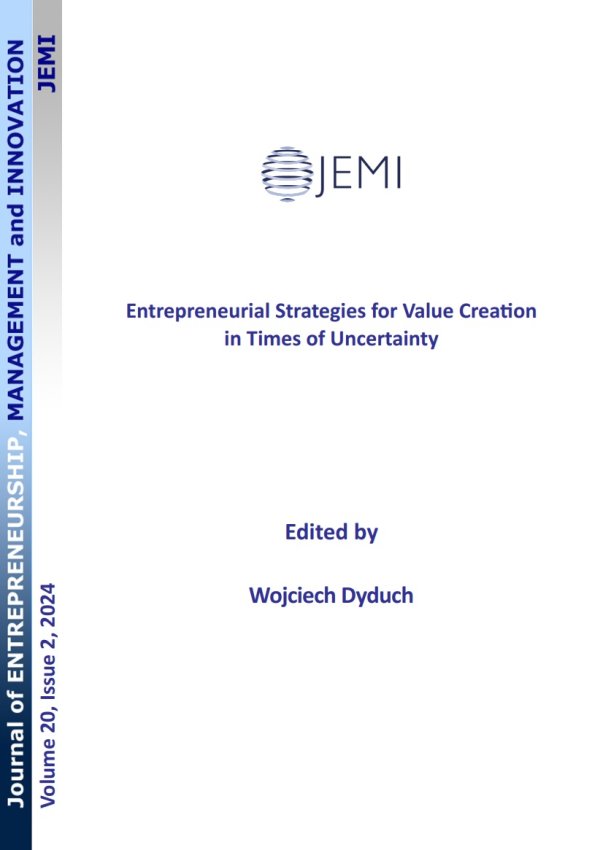Ghulam Abid, Assistant Professor, School of Business Adminstration, National College of Business Administration & Economics, 40-E1, Gulberg III, Lahore 54660, Pakistan, email: This email address is being protected from spambots. You need JavaScript enabled to view it. , corresponding author.
Saira Ahmed, Institute of Business & Management, University of Engineering & Technology, Lahore, email: This email address is being protected from spambots. You need JavaScript enabled to view it.
Tehmina Fiaz Qazi, Assistant Professor, Institute of Business & Management, University of Engineering & Technology, Lahore, email: This email address is being protected from spambots. You need JavaScript enabled to view it.
Komal Sarwar, School of Business Adminstration, National College of Business Administration & Economics, 40-E1, Gulberg III, Lahore 54660, Pakistan, email: This email address is being protected from spambots. You need JavaScript enabled to view it.
Abstract
The psychological state in which an individual experiences a form of vitality and a sense of learning at work is known as thriving at work. Since the new millennium, empirical research is evident that thriving (employees’ sustainability) is critical for organizational sustainability. However, this human dimension of sustainability is understudied, and little is known about how individual characteristics and managers promote employee thriving at work. To address the gap, this pioneering study investigates the work context and individual differences in promoting thriving at work. The intervening mechanism of self-efficacy and prosocial motivation in the association between managerial coaching and thriving at work has been examined using a sequential mediation approach. Data has been analyzed using a Hayes’ PROCESS Model 6 (based on 1,000 bootstrap resampling) with an actual sample of 221 respondents. Our results provide support for our hypothesized model. The study finds a direct association between managerial coaching and self-efficacy. It is concluded that self-efficacy is directly related to prosocial motivation, hence enhanced employee thriving at work. It is also found that self-efficacy and prosocial motivation play a vital role in explaining the association between managerial coaching and thriving at work.
Keywords: managerial coaching, self-efficacy, prosocial motivation, thriving at work, sequential mediation






